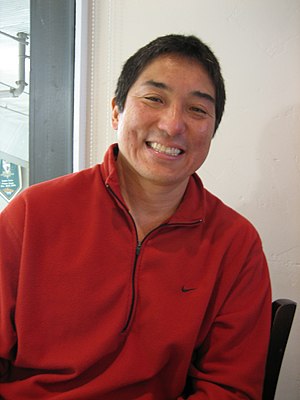Down to Business Part 2: Make It Your Own
 8:46 PM
8:46 PM
 Secrets of the Music Industry
, Posted in
David Lee investor
,
Forbes
,
Guy Kawasaki
,
Practice Fusion
,
Social Media Examiner
,
0 Comments
Secrets of the Music Industry
, Posted in
David Lee investor
,
Forbes
,
Guy Kawasaki
,
Practice Fusion
,
Social Media Examiner
,
0 Comments
Business Plan Expert #1: David Lee of SV Angel
What I learned from expert David Lee:
What I learned most from reading David Lee’s thoughts on what investors find important is that flowery language and great descriptive terms are more detrimental than helpful. Accredited investors, venture capitalists, angel investors, and all other types of lenders don’t care how well you put words together. (Phung, 2011)
Implementation:
In my own business plan I strive to critique each section to make it the most concise and poignant. The goal is to build belief in your idea, not your writing style and filling in all necessary sections with thought given to all aspects of a solid business model will use up enough words as it is. (Stelzner, 2011)
However, the story that has brought the business idea forward is very important. Make it brief, relevant, and inspiring. The key is to inspire with solid foundational concepts to showcase planning and passion. (Kawasaki, 2005)
Business Plan Expert #2: Guy Kawasaki of Apple
What I learned from Guy Kawasaki:
Again, concise, impactful, meaningful statements are the only sorts that make the final cut into any credible business plan. Guy Kawasaki not only champions this sentiment, but also lives by it as he reads through his own fair share of business proposals as an investor himself.
Consequently, after my first draft is written it will be edited to assure the 20-30 page rule is abided by to assure a full read given by all propositioned investors.
In conclusion, I feel the executive summary and financial portions of any business plan are the two things that bring an investor what he or she needs to make a sound business decision. These two pieces are the most important because all other business plan parts give these sections their proof.
Sources:
Kawasaki, G. (2005). Art of the start: trusting venture capitalists. Forbes.com.
Retrieved on September 24, 2011 from http://www.forbes.com/2005/06/16/entrepreneur-venture-capital-kawasaki-cx_gk_0616artofthestart.html
Phung, H. (2011). New investors helping to drive health tech innovation.
Practicefusion.com. Retrieved on September 24, 2011 from http://www.practicefusion.com/pages/pr/emr-sector-investment-round.html
Stelzner, M. (2011). The art of enchantment: how guy Kawasaki will change your
business. Socialmediaexaminer.com. Retrieved on September 23, 2011 from http://www.socialmediaexaminer.com/the-art-of-enchantment-how-guy-kawasaki-will-change-your-business/






.jpeg)






